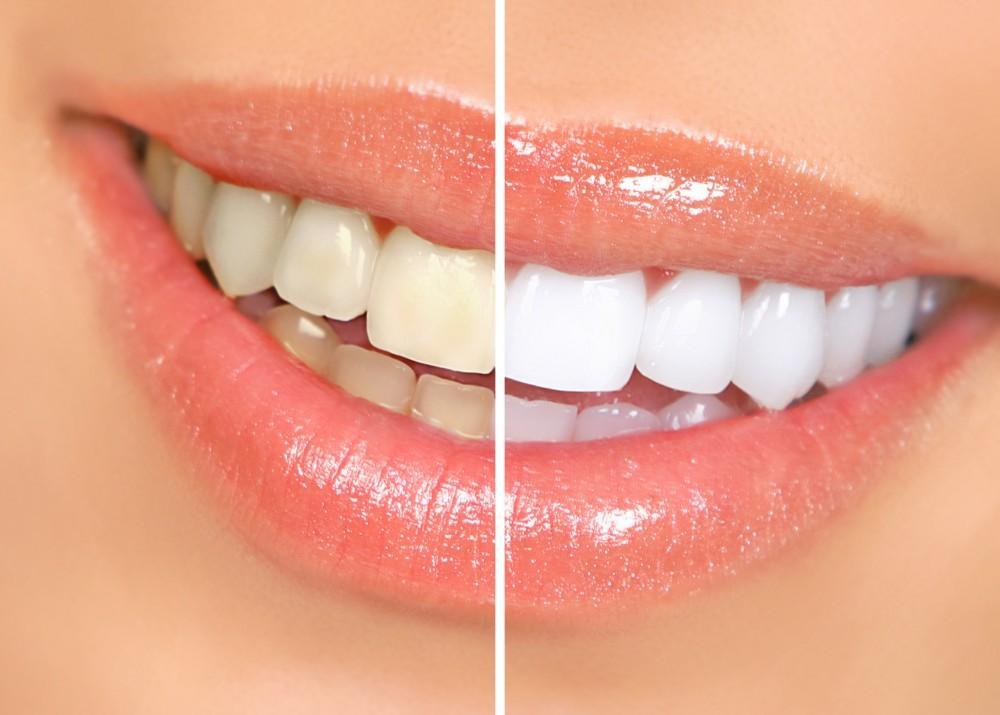
The reputation of root canals persists, which many consider one of the most painful dental treatments. This might have been true 100 years ago, before the advent of contemporary dental anesthetic procedures, but today, chances are that your reason for having a root canal could be the most painful part.
At Arya Dental, when we recommend a root canal, there’s a good reason for it. If you’re not already in pain from an abscess or damaged tooth, there are signs that a tooth is compromised and the pulp at the center of the tooth is at risk.
Delaying a recommended root canal can lead to additional problems, including infection, inflammation, and increased pain. To have the best experience with the least pain, schedule your procedure as soon as possible.
The reason for root canals
Simply, root canals are usually performed to save natural teeth. Typically, conditions or damage penetrate deep into a tooth, threatening the tissue within the root canal, a void in the hard structure of the tooth.
When you have a standard cavity, we clean and fill the space with tooth enamel. When an issue goes deeper, through the enamel and dentin, it compromises the root canal.
At this point, it’s necessary to empty, clean, and fill the tooth’s canal before it can be repaired and sealed against further damage. Any remaining bacteria, soft tissue, or empty space could lead to future problems with infections.
Saving a natural tooth is always preferred to extraction since your natural tooth has fewer compromises than any artificial replacement technique, including dentures or implants. That’s why we opt for root canal therapy as the best option.
Don’t delay root canal therapy
When damage or infection occurs to put a tooth at risk, there’s simply no other way to prevent future problems, even if you currently have no pain or other symptoms at present. The only alternative to a root canal is extraction.
Keeping a tooth through a root canal offers several benefits, including:
- Eliminating infection that might spread to the gums, jawbone, and beyond
- Maintaining the spacing of your teeth and alignment of your bite
- Preventing or resolving abscesses that can spread infection through your bloodstream
- Preserving the interaction between tooth root and jawbone that stimulates healthy tissue
Abscesses and bacterial infections can be life-threatening to immunocompromised patients. Since their immune systems can’t fight back normally, any infection can have serious consequences.
If you already have a painful condition requiring a root canal, the treatment relieves you. The procedure is very similar to an ordinary filling, and the work is done under local anesthetics, which means you won’t feel a thing while you’re in our offices.
Chances are, you’ll return home with your original pain gone by the time your anesthetic wears off. It’s possible that you’ll have some lingering soreness for a day or two, but you can control discomfort with over-the-counter pain medications.
From a treatment perspective, there’s never an advantage to delaying a root canal. Call Arya Dental today at 714-646-9546 or click the REQUEST NOW button to choose an appoitment time.






